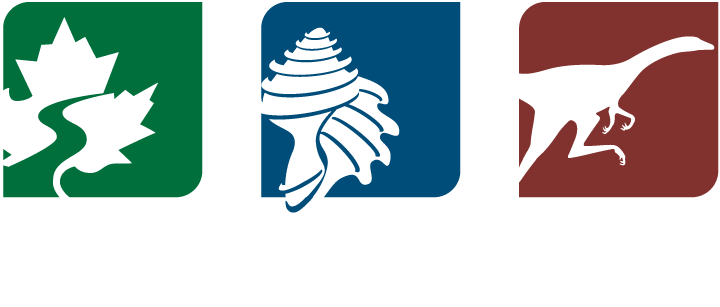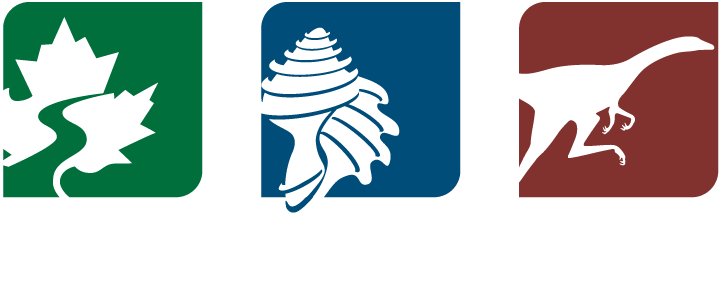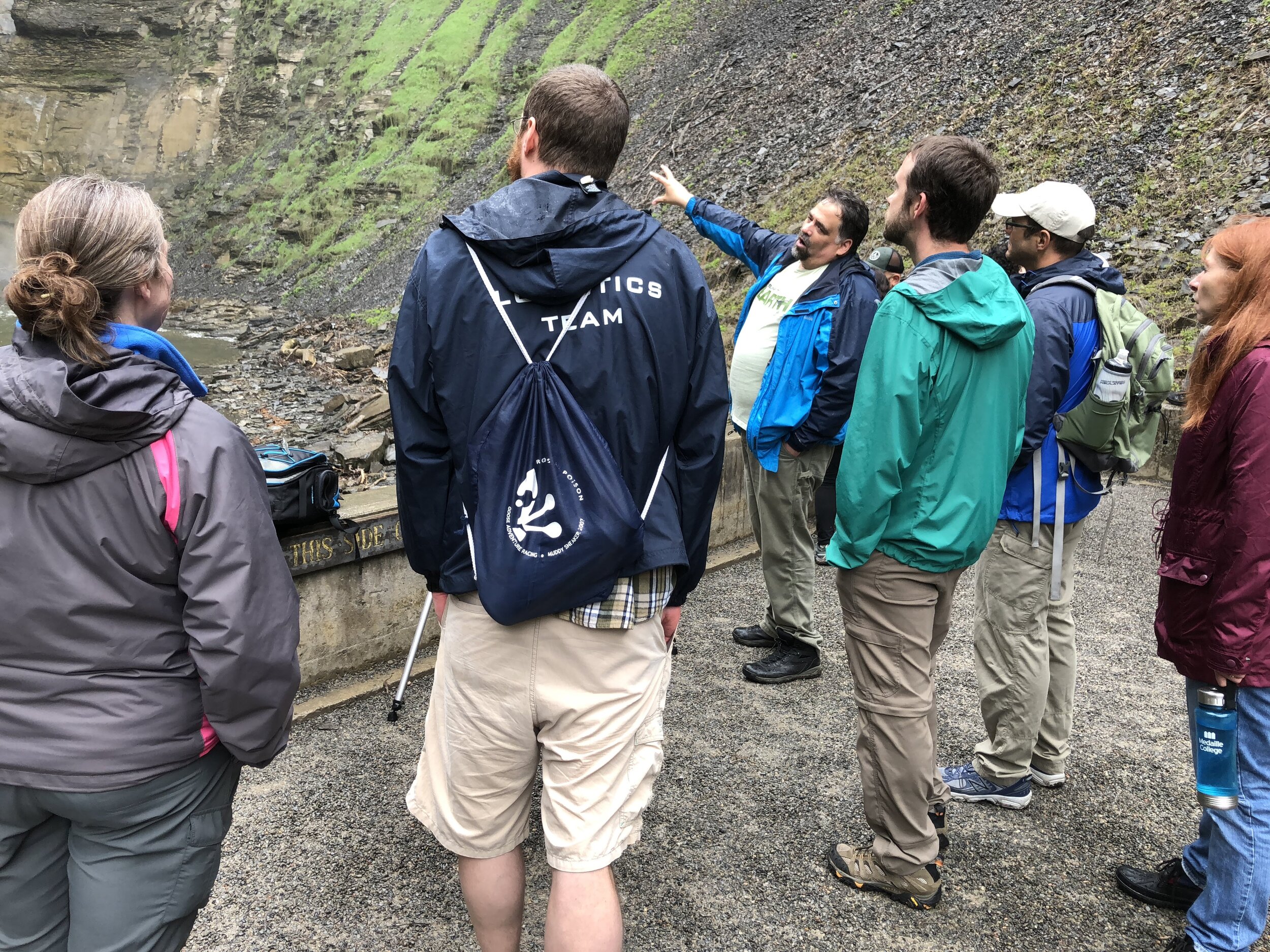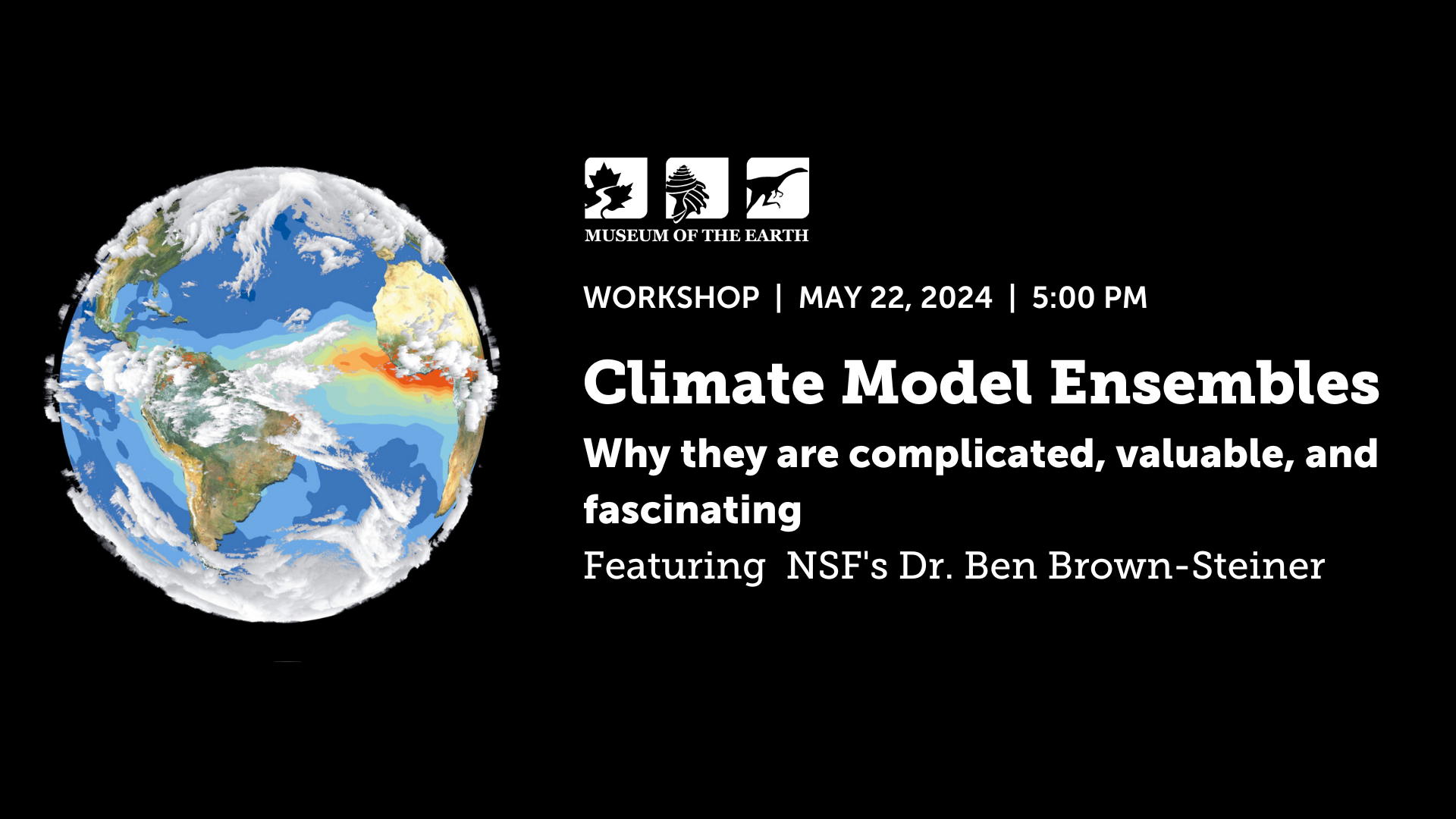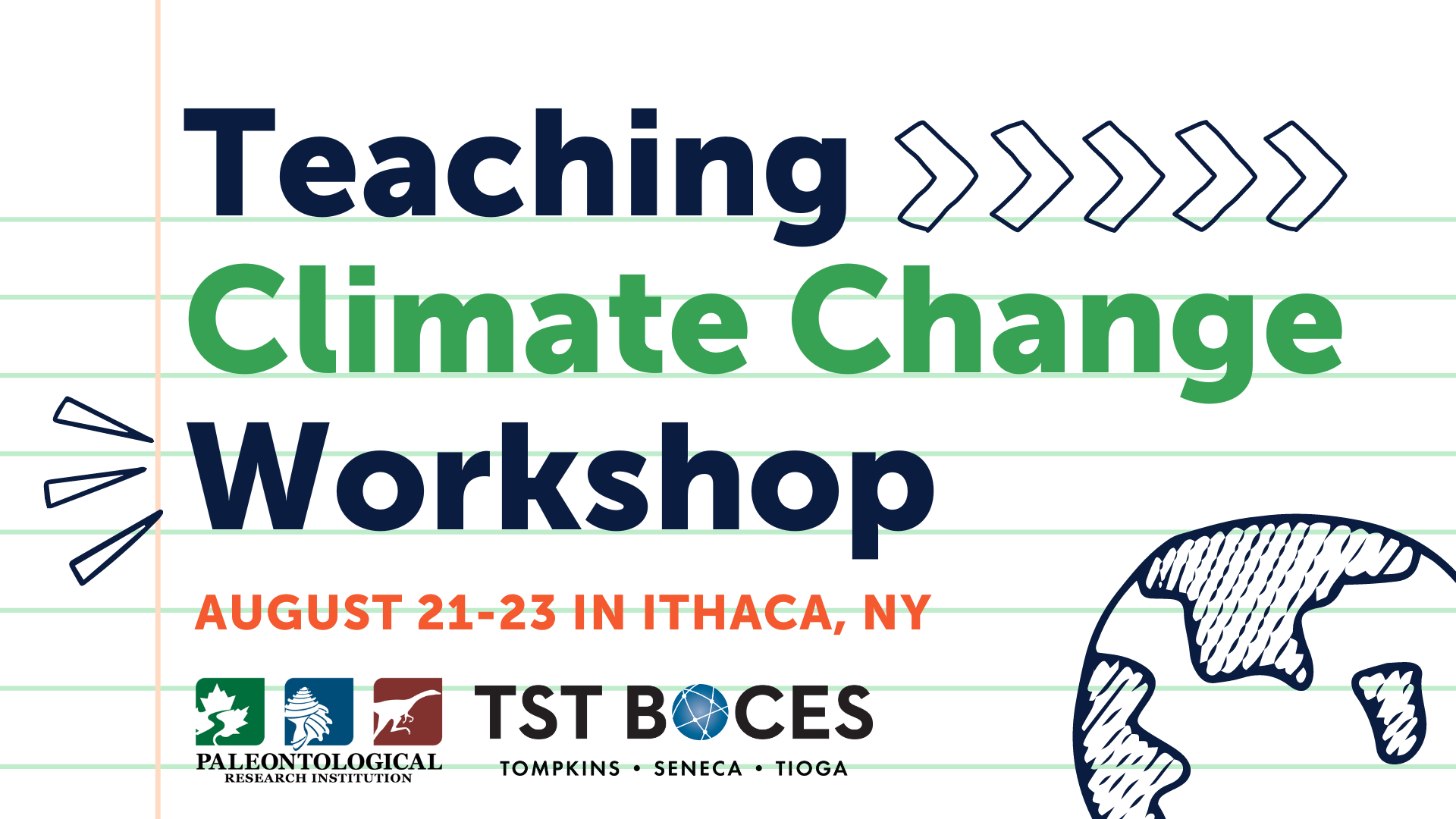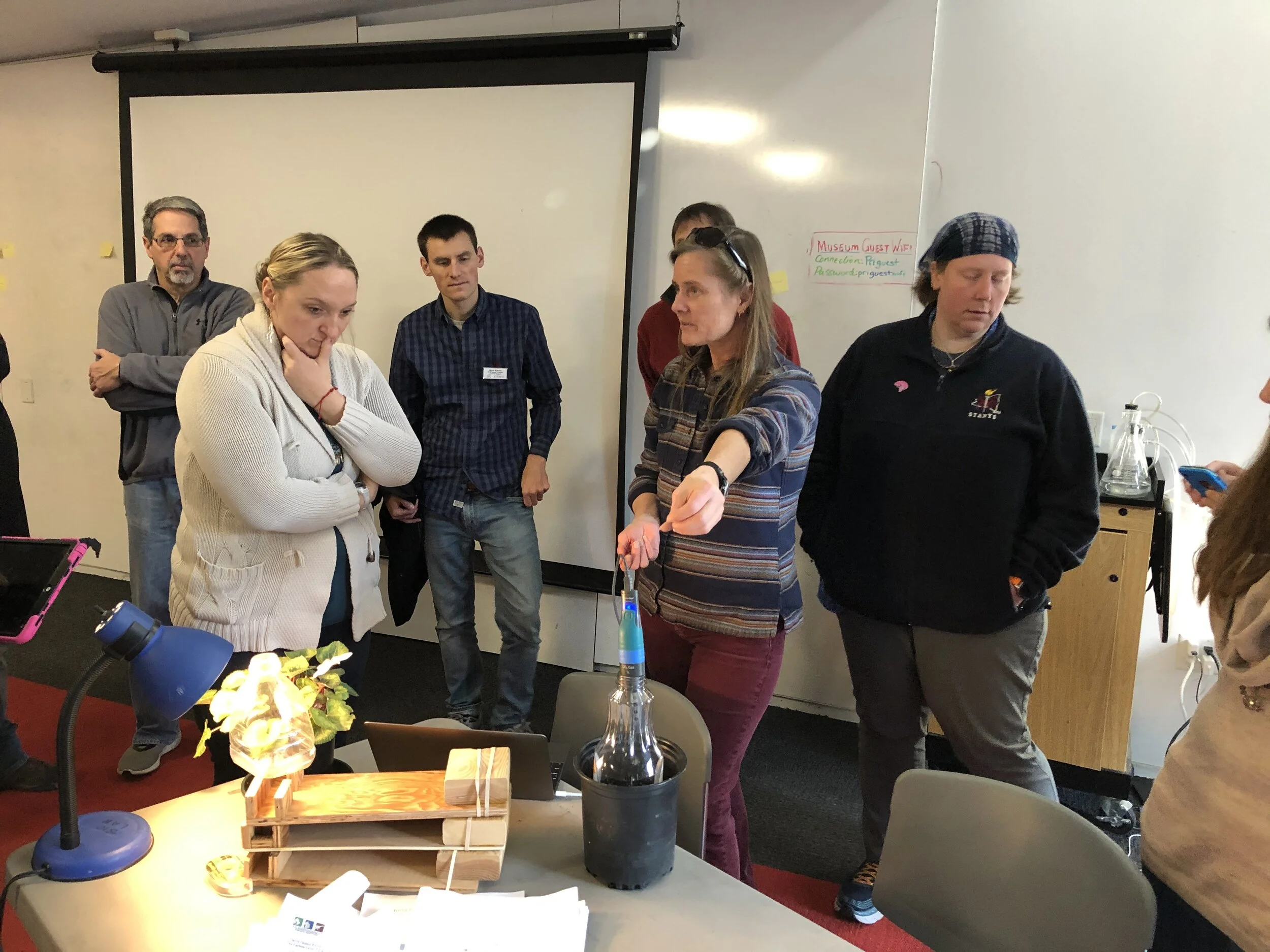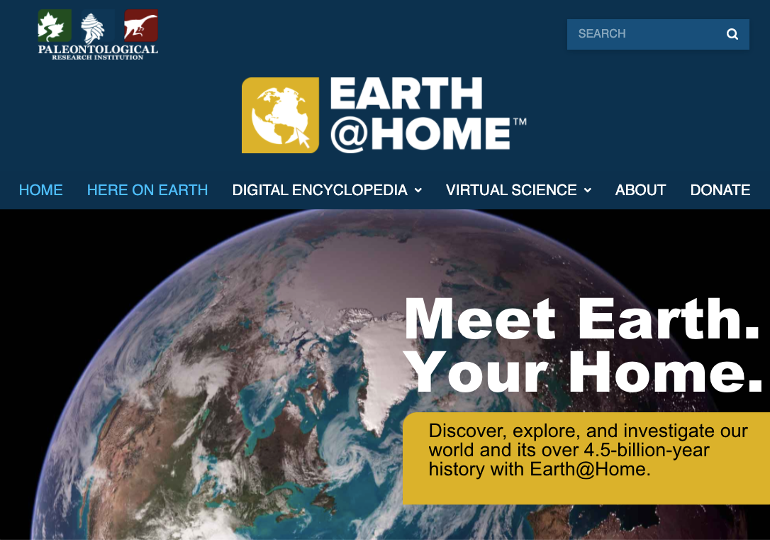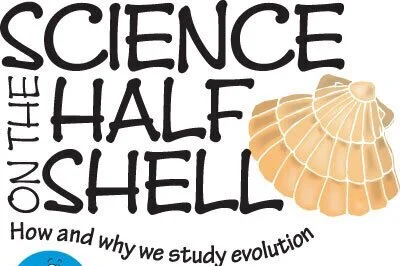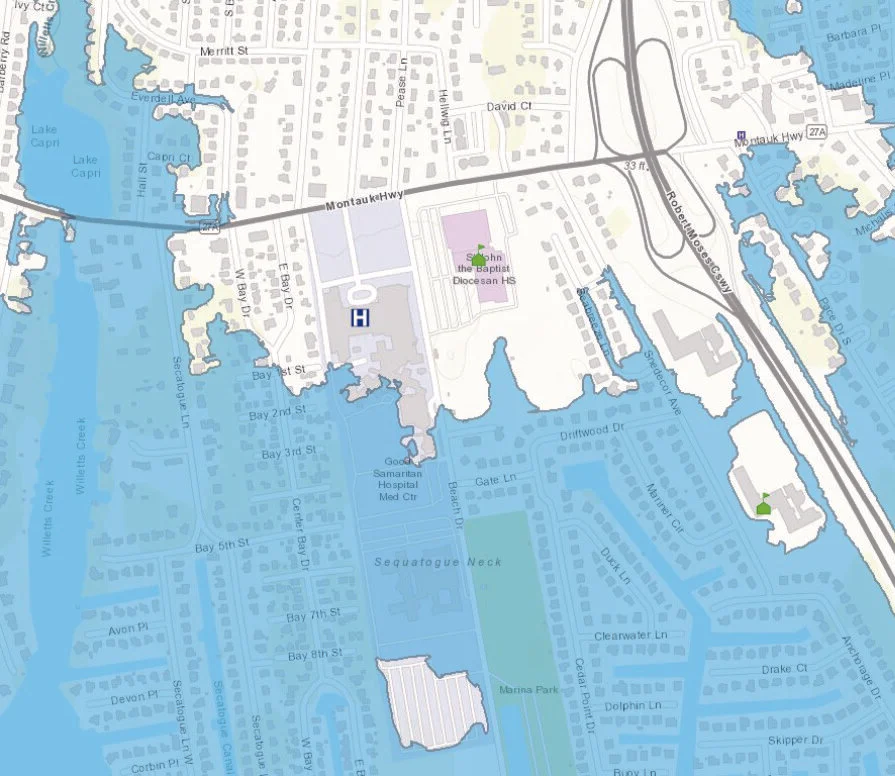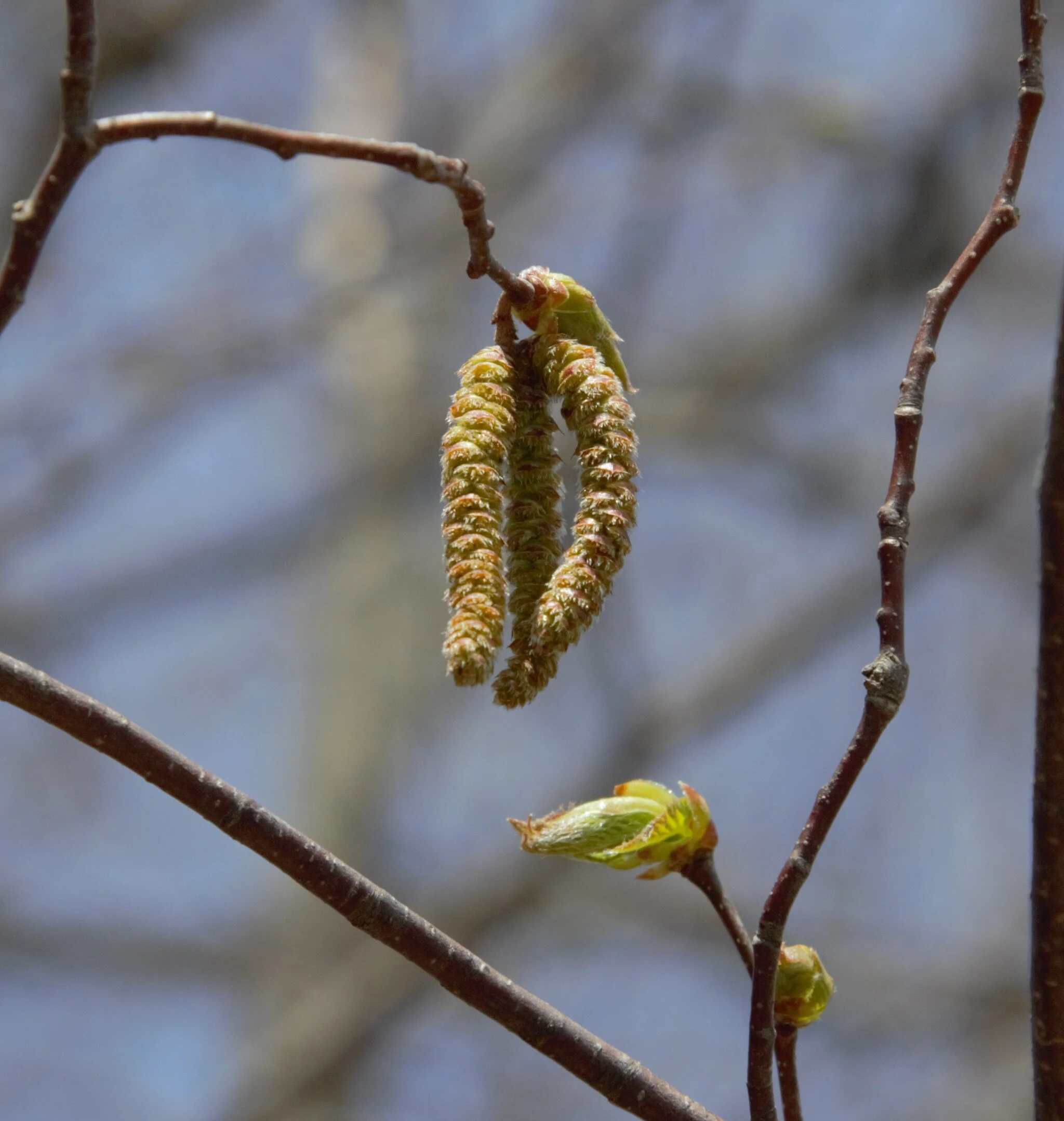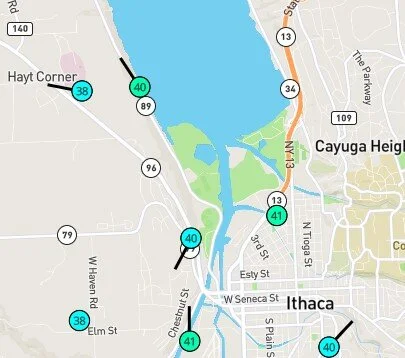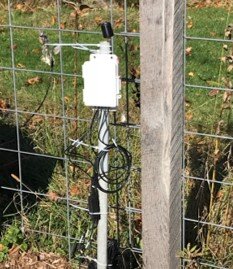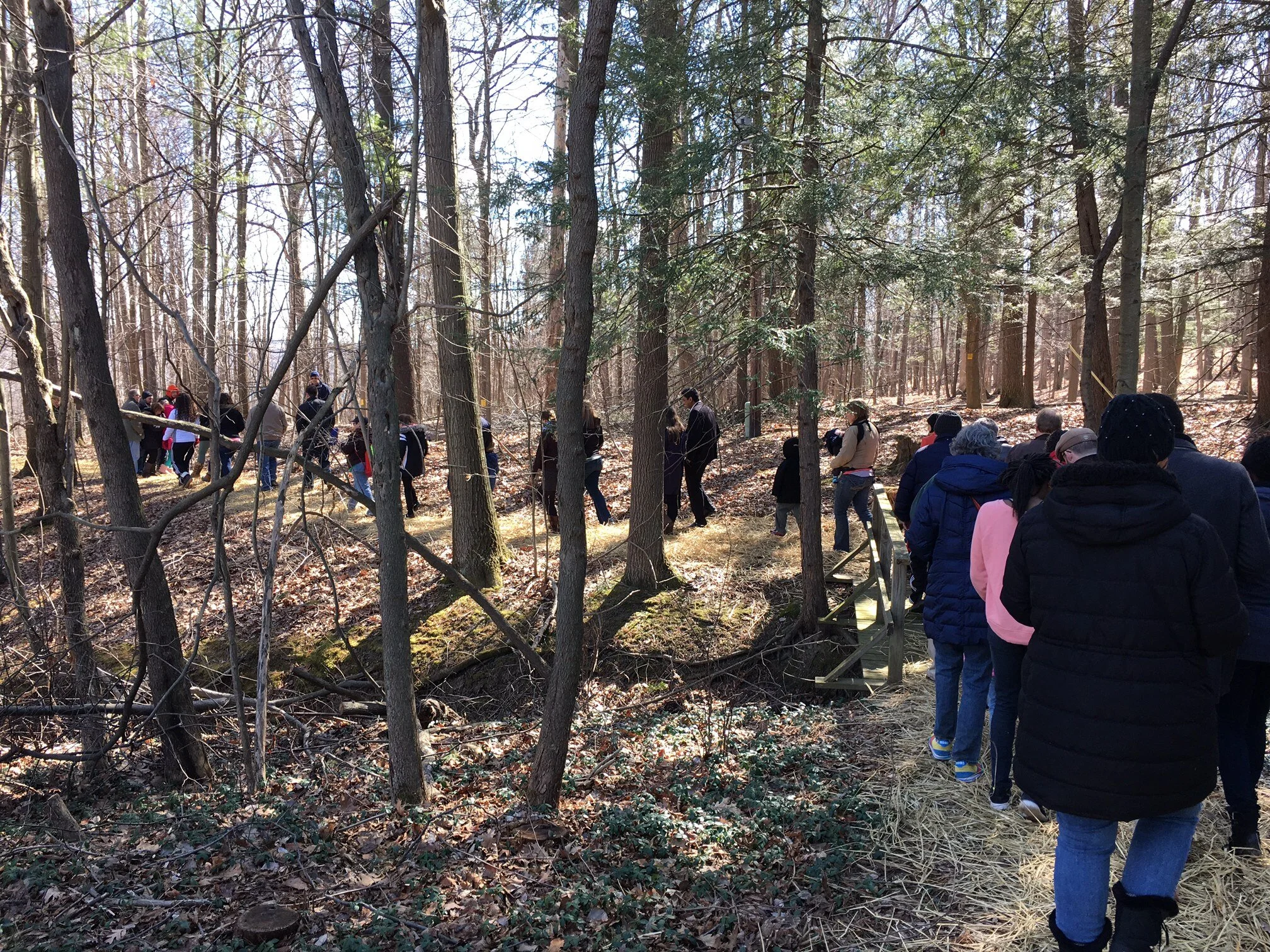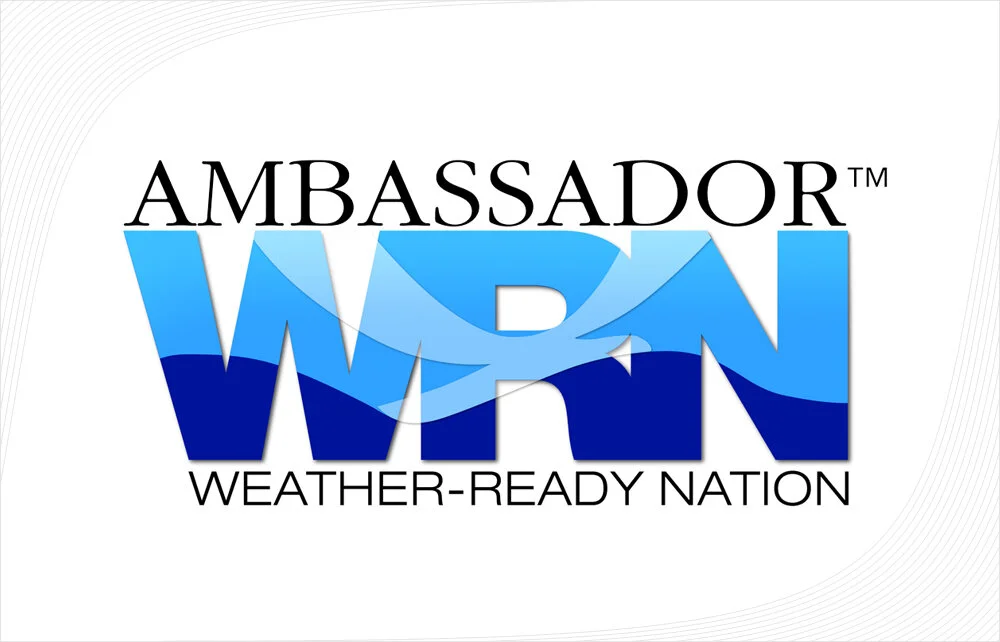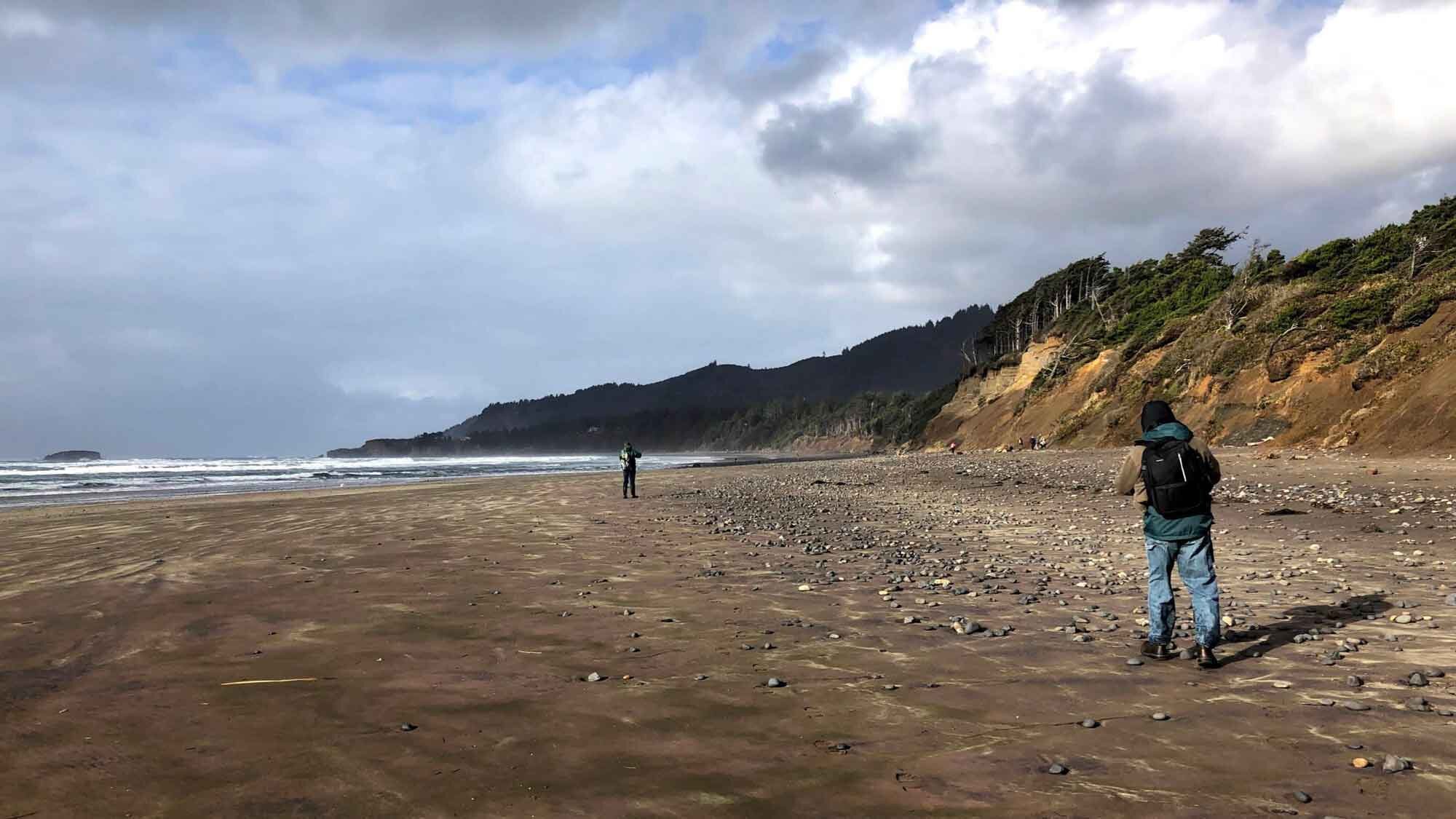PRI offers a wide range of workshops and resources for educators of every stripe, including K-12 teachers, college instructors, museum educators, and homeschool and pod parents. If you have any questions and suggestions for how we could serve you, please contact us at [email protected].
Learn about the latest news for educators in our Learning Earth educator newsletter!
The April 2024 issue is here:
🌎 Learning Earth: Teacher Newsletter
In this issue of Learning Earth:
In this issue of Learning Earth:
Earth@Home User Guide - Not sure how to use Earth@Home? Help is here!
Climate Modeling: A new chapter on Earth@Home by Benjamin Brown-Steiner
Plastic Pollution: Part of our 2024 Earth Day resources!
Climate Model Ensembles Workshop with NSF Scientist Ben Brown-Steiner Join us at 5:00 pm on May 22nd for this free online workshop!
Teaching Climate Change Workshop at the Museum of the Earth Join us August 21 - 23!
Planet vs. Plastics: New resources from PRI in honor of Earth Day
Wrapped in Plastic Video! Part of our Earth Day Plastic vs. Planet programming
Science in the Virtual Pub goes to sea! Our last two programs of the spring bring us to the ocean!
Other Programs of Interest Beginning in this issue, we'll feature school programs.
Shop to Support Science Education Shop the PRI gift shop
There's Still More! Check the PRI Events Calendar!
Our Funders You can be a funder too!
Newsletter Archive
PRI Workshops
Also see PRI’s Events Calendar.
Book a virtual workshop from anywhere! For more information, contact us at [email protected].
Climate Model Ensembles: Why they are complicated, valuable, and fascinating
Workshop with NSF's Ben Brown-Steiner
5:00 pm EDT on May 22nd, via Zoom - Free!
In this virtual workshop, Dr. Brown-Steiner will present an overview of climate model ensembles, including how they are configured, the value of different forms of ensembles, and the challenges associated with running, analyzing, interpreting, and discussing ensemble results. Large ensembles of climate models are used to compare and gain confidence between different climate models as well as explore uncertainties and potential pathways within an individual climate model. Gaining confidence in climate models, especially when looking at future projections, is a difficult and requires careful considerations of uncertainty, truth, and ignorance. This workshop will explore some of these issues.
Participants will also run their own "toy" climate models in an ensemble framework and we will collectively summarize, compare, discuss, and interpret our toy model results. This activity is intended to give an intuitive understanding of climate model comparisons, the difficulties that arise when discussion different model results and the different forms of uncertainty embedded within these discussions, and the balance between clear communication and jargon-laden technical details.
This virtual workshop will include short presentations, interactive components, and group discussion, with ample opportunity for questions.
REGISTER HERE
The workshop will address how teaching climate change satisfies state standards in a range of ways, and includes attention to teaching climate across the curriculum. Each of the three days will have a theme with demonstration lessons and associated resources tied to the theme.
Day 1 will focus upon climate and climate change;
Day 2 will focus on clean energy, fossil energy, energy history, and our energy future; and;
Day 3 will address resilience and communication.
The agenda will draw from our updated Teacher-Friendly Guide to Climate Change, and the workshop is led by the four authors of the guide along with a team of climate and energy scientists. We will share a wide range of resources and strategies, on our Earth@Home site. The resources have been largely developed with funding from the National Science Foundation. New resources include an extensive collection of short videos with associated activities, the Changing Climate: Our Future, Our Choice museum exhibit and its virtual counterpart, The World in a Tank: CO₂ Drawdown Challenge; and resources related to Cornell University’s Deep Geothermal Heat Research project that is a central part of the University’s decarbonization efforts, and more.
Ben Luce is also an accomplished musician and the workshop will also include an evening concert. Ben may be accompanied by his band, Sonic Vortex. The music will be accompanied by visuals created in real time from the sonic characteristics of the music and discussions of the physics behind the music and visuals, as well as the work of Ben's father, Dr. David Luce, a researcher of musical sound who was also president of Moog Music and held numerous synthesizer patents.
The agenda will be tailored to the registrants' subject areas and grade levels. Teachers in all subject areas are encouraged to attend!
Instructors:
PRI’s Climate Team:
Don Haas, PhD, Director of Teacher Programming [email protected]
Alexandra Moore, PhD, Senior Education Associate [email protected]
Rob Ross, PhD, Associate Director for Outreach [email protected]
Ingrid Zabel, PhD, Climate Change Education Manager [email protected]
Our Scientist Partners:
Toby Ault, PhD, Associate Professor, Earth & Atmospheric Sciences, Cornell University;
Ben Brown-Steiner, PhD, Program Director, the National Science Foundation, and;
Ben Luce, PhD, Chair of the Board of Directors, American Solar Energy Society, and, Discovery Analyst, Buffalo Solar Solutions Inc.
REGISTER HERE. New York State teachers should be able to have their BOCES or their district cover registration.
The Museum of the Earth
1259 Trumansburg Rd.
Ithaca, NY 14850
Virtual fieldwork, activities, & specimens
Virtual Fieldwork Experiences (VFEs): Visit interesting sites digitally, and learn how to make VFEs, on your own or with your students.
Virtual Labs: Try our sets of activities focused on the science of nature.
Climate change activities: We have a growing set of activities and demonstrations associated with out climate change education program.
Paleontology activities: You can find a set of classroom activities at our Digital Atlas for Ancient Life.
Virtual fossil collections: Use our 3-D specimen collections and try activities posted to the Digital Atlas of Paleontology.
Group programs and tours at our venues and outdoor sites
We offer a wide variety of private group programs on Earth, environmental, and life sciences using our specimen collections, live animals, exhibits, and forest and stream environments.
Currently all of our programs are outdoor or virtual.
Book a program (currently virtual) from the Museum of the Earth.
Content resources of special interest to teachers
Earth@Home is PRI’s central site for content on geology, paleontology, climate, and their interconnections, plus approaches for teaching with activities, virtual fieldwork, and virtual 3-D specimens.
Several of the video series on PRIs YouTube channel contain videos both useful for educators to watch and to show in the context of classroom activities.
Teacher-Friendly Guides to regional Earth science of the US provide the essentials of Earth science for the whole country. There are seven regional guides in all — download any or all of them for free.
The Teacher-Friendly Guide to Climate Change provides an overview of both climate change science and how to teach it.
The Teacher-Friendly Guide to Evolution using bivalves as a model organism and The Teacher-Friendly Guide to the Evolution of Maize provide approaches to teaching evolution through familiar organisms.
PRI’s Museum of the Earth online exhibits and Cayuga Nature Center online exhibits allow you to use our exhibits in your teaching.
Teacher programs and resources
The items below highlight PRI’s projects and resources of interest to educators, some of which don’t appear directly in the categories above.
